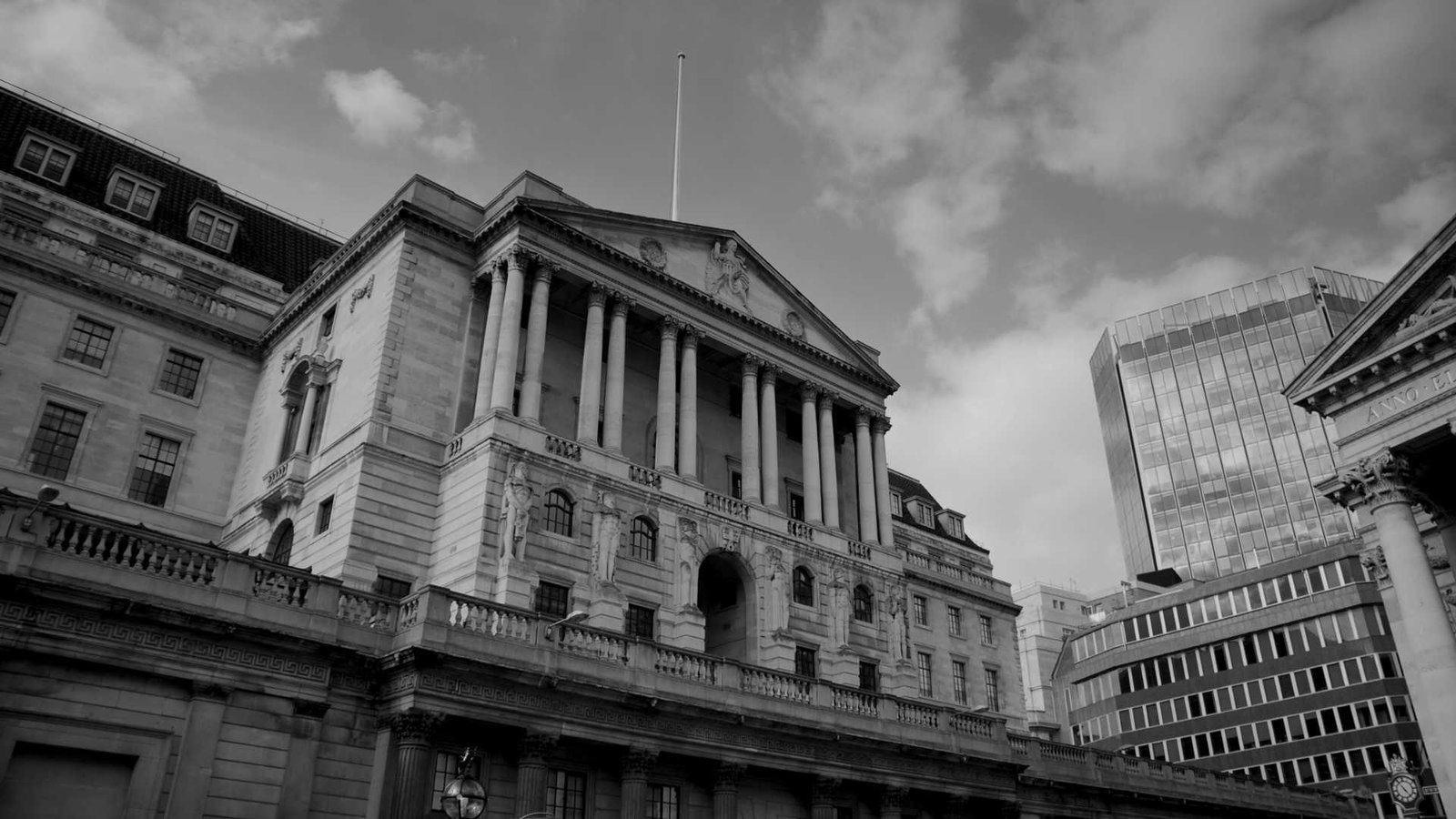In a historic move, the UK government last week introduced the Property (Digital Assets etc) Bill to Parliament, which for the first time, recognises digital holdings as personal property under British law. This milestone legislation will cover a range of digital assets, including cryptocurrency, non-fungible tokens (NFTs) such as digital art, and carbon credits.
The new Bill marks a significant shift in English and Welsh property law, providing legal clarity and protection to individuals and businesses that hold digital assets. Previously, these holdings were in a legal grey area, leaving owners vulnerable to fraud and scams, with little recourse if their assets were interfered with.
The Bill’s introduction also solidifies Britain’s position as a leader in the emerging global cryptocurrency market, with the UK becoming one of the first nations to officially recognise digital assets as property. This step not only strengthens the nation’s legal infrastructure but also ensures that judges are better equipped to handle complex cases involving digital assets, such as in instances of fraud or in divorce settlements where digital holdings are disputed.
Modernising British Law for the Digital Age
Justice Minister Heidi Alexander underscored the importance of adapting the law to keep pace with evolving technologies. She said, “Our world-leading legal services form a vital part of our economy, helping to drive forward growth and keep Britain at the heart of the international legal industry. It is essential that the law keeps pace with evolving technologies, and this legislation will mean that the sector can maintain its position as a global leader in cryptoassets and bring clarity to complex property cases.”
This legislative change will also attract more business and investment to the UK legal sector, which is already worth £34 billion annually. The UK is a global hub for legal services, with English law governing £250 billion of global mergers and acquisitions and 40% of global corporate arbitrations. Ensuring that British law remains at the cutting edge of technological advancements is essential to maintaining its status as the law of choice internationally.
A New Class of Property
Traditionally, British property law has divided assets into two categories: “things in possession” (such as gold, cars, and money) and “things in action” (such as debts and shares). The new Bill introduces a third category for certain digital assets, recognising their unique nature and enabling them to attract personal property rights.
This shift follows a report commissioned by the Ministry of Justice from the Law Commission in 2023, which identified barriers to recognising digital assets as property under English and Welsh private law. The recommendations from this report have informed the new legislation, ensuring that the legal framework evolves alongside technological advancements.
Strengthening Legal Protections
By providing legal recognition to digital assets, the Bill also offers enhanced protection to owners against fraud and scams, which have been on the rise in the digital space. In cases of disputes over ownership or misuse, the courts will now have clearer guidelines on how to address these issues. The Bill is expected to streamline the resolution of complex property cases involving digital assets, giving the UK legal system a competitive edge.
As digital assets become increasingly integrated into the economy, the UK’s legal system is stepping up to provide a solid framework for their protection and governance. With the introduction of the Property (Digital Assets etc) Bill, Britain is not only safeguarding the interests of its citizens and businesses but also positioning itself as a global leader in the rapidly evolving digital economy.































































